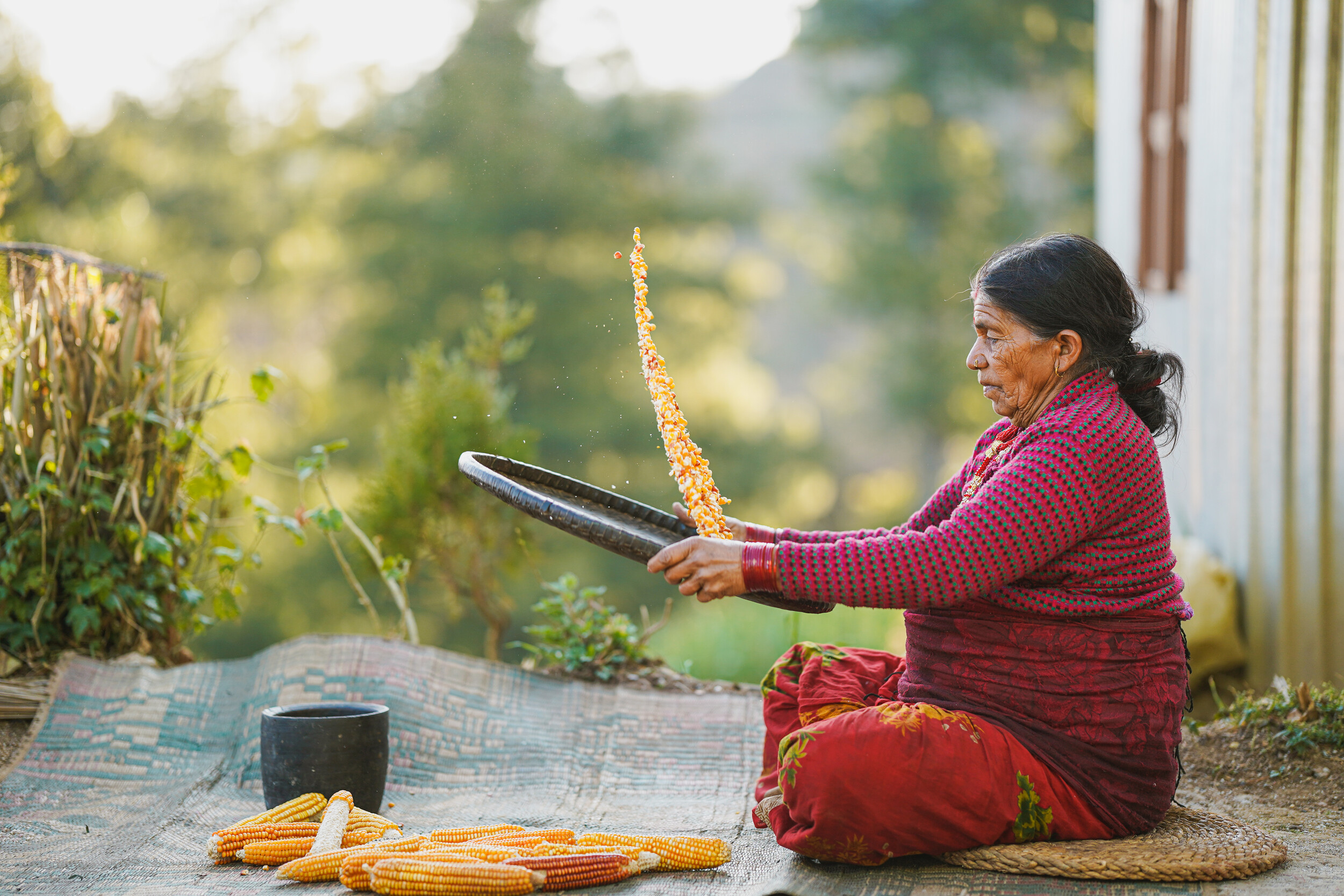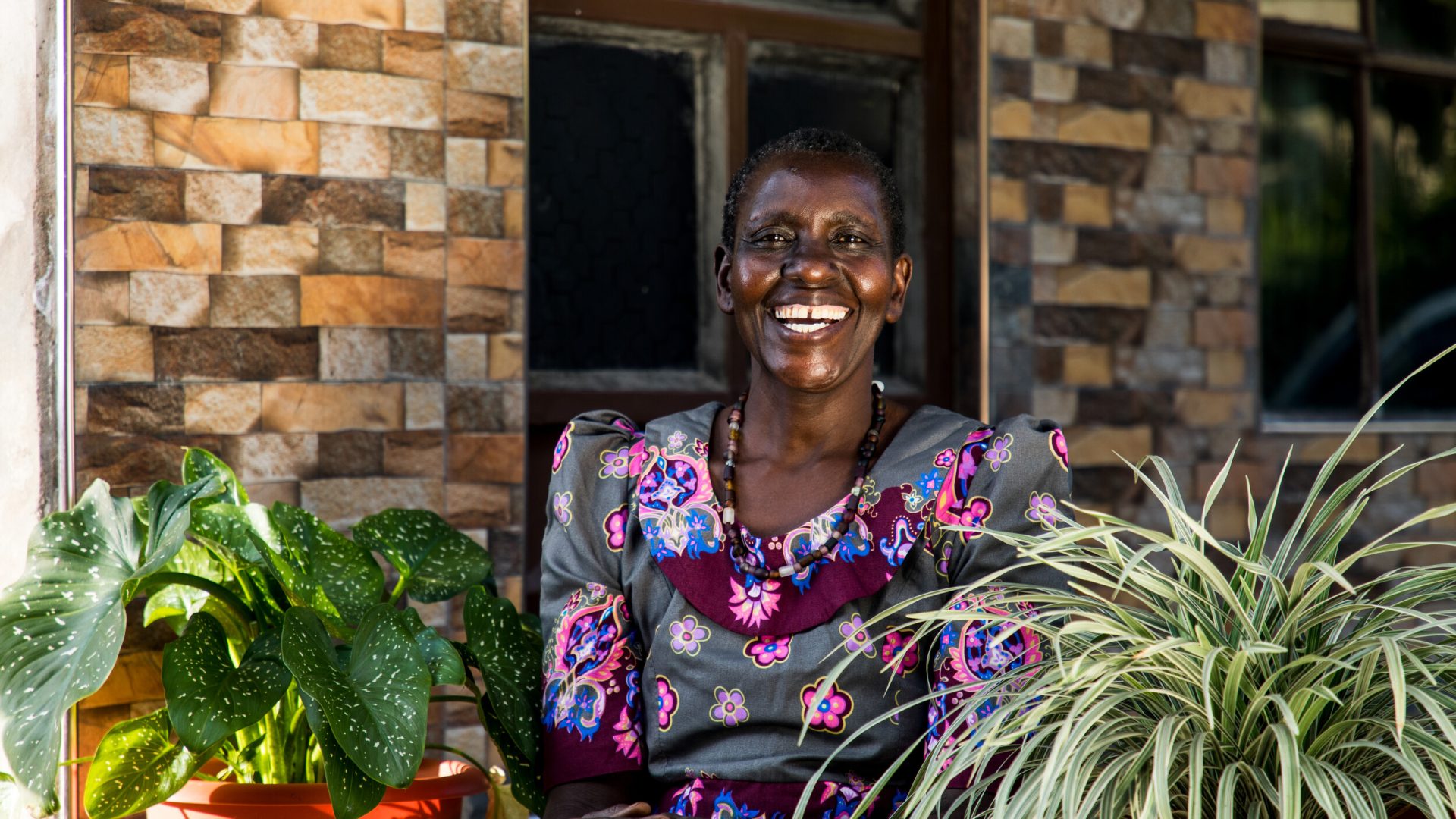Social protection at the heart of change
The UN report sheds urgent light on the need for social protection to better respond to the circumstances of women of all ages and become more ‘gender responsive’. It also unveils the transformative potential of social protection. It emphasises how social protection can advance gender equality, build resilience, and drive societal progress.
For women, and particularly older women, access to social protection can mean the difference between a dignified life and a struggle for survival. Yet, the report shows alarming gaps across all the dimensions of social protection that disproportionately affect older women – from the coverage and adequacy, to the way social protection is delivered, and its financing.
Amplifying voices of older women
HelpAge International contributed to this flagship report by offering insights and research, including findings from our report Advancing Gender Equality through Social Protection in an Ageing World. This involvement helped to ensure that the experiences of women and girls of all ages, including older women, were taken into consideration.
Our work helped highlight the barriers that older women face in accessing social protection. It also shows how creating systems that work for everyone requires an understanding of their needs and experiences at every stage of life.
Why social protection matters for women of all ages
Social protection systems—spanning pensions, access to healthcare and childcare support —hold the power to alleviate poverty and inequality. However, the reality is stark:
- Gendered poverty persists – Women and men experience poverty differently due to gender-based inequalities. Women, especially in older age, often face higher rates of poverty because of factors like lower wages, care-giving responsibilities, and limited access to resources that accumulate in later life.
According to the report, in 2024, nearly 10% of women and girls live in extreme poverty (earning less than $2.15/day), translating into 22 million more women than men in desperate conditions.
- Lifelong inequality worsens in older age – Inequalities that people, especially women, face throughout their lives become more severe as they grow older. Gendered pay gaps, unpaid care-giving, and informal work throughout their life mean older women are less likely to benefit from contributory pensions. There are also limitations of non-contributory pensions in terms of coverage and level of the benefits, as well as barriers associated with the delivery of social protection that older women face. These factors lead to inadequate income support and result in higher levels of poverty for older women.



